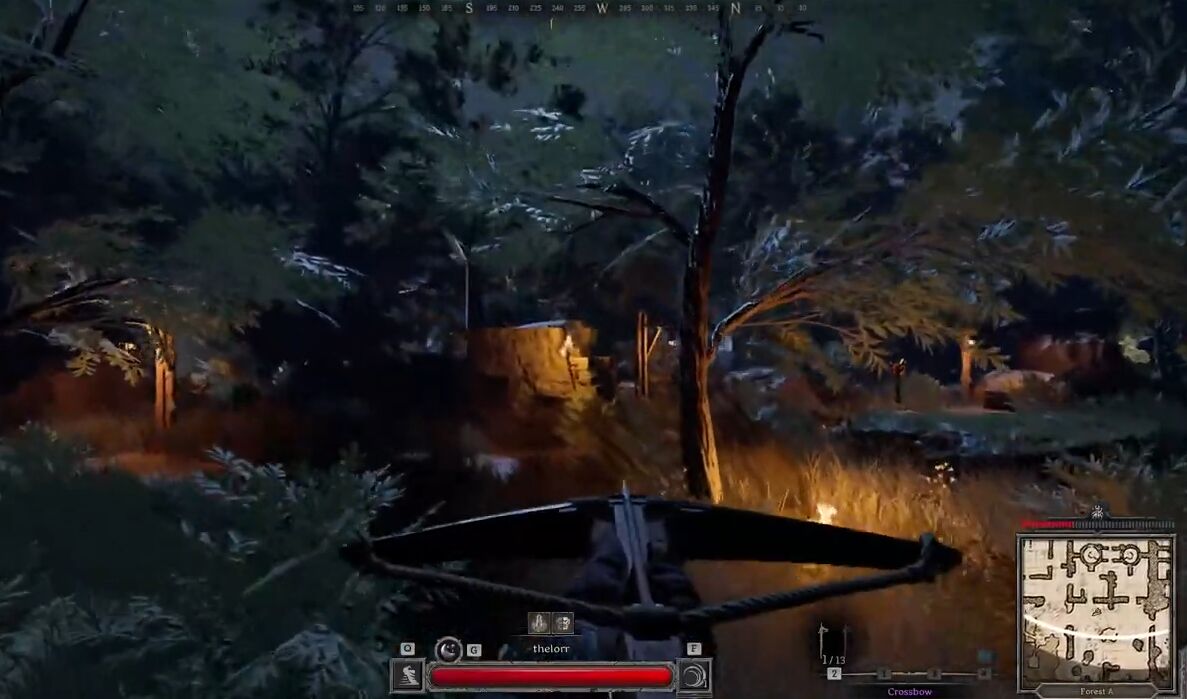The formidable challenge posed by Magic Missile in 1v1 scenarios has left many Rogue and Cleric players scratching their heads, seeking effective strategies to counter the potent spell. The struggle to find an optimal approach, especially in mid-range engagements, has prompted a search for viable solutions. This analysis delves into the intricacies of facing Magic Missile as a Rogue or Cleric, exploring potential tactics to enhance survival and improve odds in combat.
Mid-Range Dilemma: Tactical Adjustments for Rogues and Clerics
The mid-range presents a precarious battleground for Rogues and Clerics facing the relentless onslaught of Magic Missile. Attempting to maintain distance while playing as a Rogue or Cleric often results in a swift demise, with spells like Fireball and Holy Strike proving lethal. The primary challenge lies in out-DPSing a naked wizard, a feat that eludes most traditional approaches such as Throwing Knives or Hand Crossbow.
As a Rogue, even with a remarkable 115% movement speed, the vulnerability persists when engaging a wizard in close quarters. The melee range becomes a death zone, and evasive maneuvers like side-strafing offer little reprieve. For Clerics, the struggle intensifies, as traditional methods of DPS fall short against the relentless barrage of Magic Missile.
The Fighter’s Advantage: Leveraging Bows and Trading
The Fighter class, equipped with the option to wield bows, enjoys a distinct advantage when combating Magic Missile users. The ability to engage in ranged combat and attempt to out-trade with a bow provides a strategic avenue that Rogues and Clerics lack. However, the inherent challenge persists for these two classes, requiring alternative tactics to level the playing field.
The Cut Throat Conundrum: Balancing Skill Choices
One widely acknowledged strategy against Wizards involves leveraging the Cut Throat ability. While effective, this approach demands a strategic sacrifice. Opting for Cut Throat necessitates dropping the Weak Point skill, limiting the range of classes that can be effectively countered. The dilemma intensifies as players grapple with the trade-off between improved performance against Wizards and the loss of versatility against other adversaries.
Additionally, successfully executing Cut Throat requires landing a hit before succumbing to the Wizard’s onslaught. This often implies an element of ambush, where the odds may already be tilted in the favor of the ambusher, irrespective of the inclusion of Cut Throat.
Strategic Adaptations and Ambushing: A Rogue’s Best Bet
Surviving and triumphing over Magic Missile as a Rogue or Cleric may hinge on strategic adaptations and a willingness to embrace ambush tactics. For Rogues, the art of ambushing becomes a potent weapon, allowing them to dictate the terms of engagement and potentially secure a hit before succumbing to Magic Missile.
While ambushing may not entirely eliminate the challenges posed by Magic Missile, it offers a chance to tip the scales in the Rogue’s favor. Ambushes, coupled with well-timed skill usage, provide a glimmer of hope for Rogues seeking to overcome the seemingly insurmountable threat posed by Magic Missile.
Conclusion: Navigating the Maze of Magic Missile
In the world of “Dark and Darker,” the enigma of Magic Missile persists, challenging players to refine their strategies and adapt to the relentless barrage of arcane projectiles. For Rogues and Clerics, the journey involves a delicate balance between tactical adjustments, skill choices, and a willingness to embrace ambush tactics.
While Cut Throat emerges as a valuable tool in a Rogue’s arsenal, its strategic implications prompt players to weigh the costs against the benefits. Ambushing remains a viable option, providing an element of surprise and potentially turning the tide in the Rogue’s favor.
As players continue to navigate the intricate maze of Magic Missile encounters, experimentation with various approaches and a commitment to adapting tactics will prove essential. The quest for mastery over this formidable spell demands persistence, strategic acumen, and a willingness to explore unconventional avenues for success. Among other things, Dark and Darker Gold inputs are also essential to be able to constantly enhance your character.


